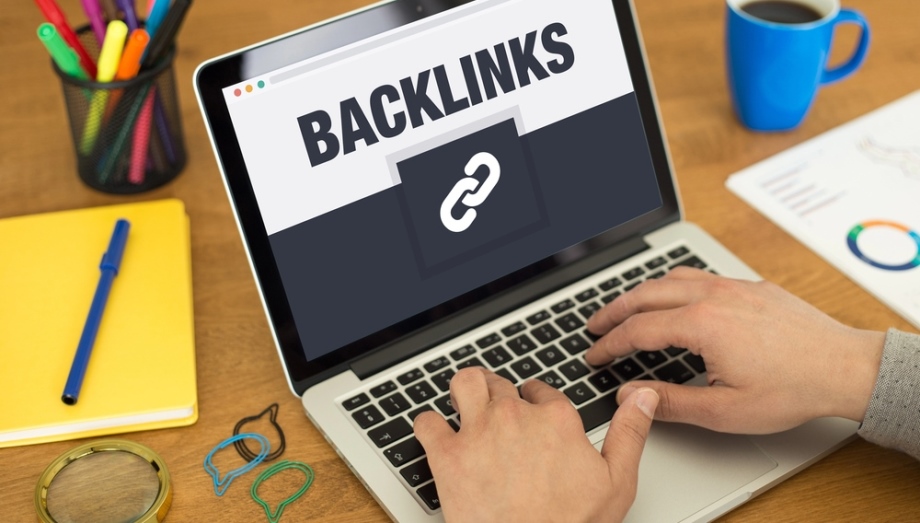
We receive a lot of requests to place guest articles (i.e. guest posts) on our website — on a daily basis — and one of the first things SEO Marketers ask for is to publish their guest post as a “do-follow post” and not as a “sponsored post”.
Sponsored posts mean that we will tag the outbound links in a guest post with the “sponsored” tag, which goes like this: [ a href= “https://yourlink.com” rel= “sponsored” ]. A do-follow post means that we don’t tag the outbound links with rel= “sponsored” but leave it like [ a href= “https://yourlink.com” ]
The idea is that search engines, notably Google Search, will value do-follow links more than sponsored links, so SEO Marketers strongly prefer that you publish their articles as do-follow. It’s thought that do-follow links add to the “backlink” profile of the target website: the more backlinks a website has (that is, the more links on the Internet that point to a certain website), the more likely the website will rank high (or higher) if someone searches with the keywords that website qualifies for.
The problem here is that Google says that they “punish” websites that place paid articles (i.e. paid links) as do-follow (and “punish” the websites that pay for it). According to Google, paid links should be mentioned with the “sponsored” tag so that Google can know that it was not a “natural” reference, but a paid reference.
As it is, Google seems to value natural references higher (it is considered a “vote of confidence” of Internet users), and hence it ranks articles with natural referenced outbound links higher on their SERPs (Search Engine Result Pages) and likewise it values the websites that were linked to higher.
So, the whole problem started with Google, which — until today — (still) does not really understand the meaning nor the context of content (even with their whole AI endeavors) and actually relies on websites/website pages that mention (link to) another website or website page, to then decide that the pages linked to are (more) valuable and thus need higher rankings. It is a joke, but it is like this; thirty years of Google didn’t make their Search Engine any smarter.
But what SEO Marketers often don’t understand well is that do-follow and sponsored posts serve different situations, and that you need to write a guest post in a way that serves one of the two. As a result, SEO Marketers often want the best of both worlds and insist that you publish their article with do-follow links. I will explain this.
A good do-follow guest post needs to be like this: the links in the guest post should go to a meaningful/helpful article or blog post on the target website, one that adds clear additional value for website visitors. Do-follow links (i.e. the anchor texts that embed them) should not look like advertising or go to product sales pages, discount pages, coupon pages, home pages, or “buy this” or “buy that” pages.
In addition, the content of do-follow guest articles should not directly reference brand, product, location, or company names. Doing so makes that search engines cannot know if the post is paid for or not (and why does it matter anyway, because now you have a valuable post out there) and you give so-called “link juice” (which implies higher SERP rankings) to the target website, but in a “stealthy” way.
Now, if you post a guest article with “sponsored” tags, you can and should link to product sales pages, discount pages, coupon pages, home pages, or “buy this” or “buy that” pages. No hiding, no “stealth” behavior. In addition, anchor texts can be/should be used for keyword/advertising purposes, and can/should directly reference brand, product, location or company names.
It means that when the article is written well (and is placed/published on a website with medium or high domain authority), it will also rank well in search engines if website users search for those keywords. It then doesn’t matter if Google or whomever gives “link juice” or not. The goal is that users find the article and click/tap on links in it to visit the target website.
To go back to the mistake SEO Marketers tend to make. They want “link juice” and they want to mention brand names, city names, company names and link to sales pages or discount pages, etc. You cannot have all of that if you still want an article that makes sense . It is either working for your client to get link juice (i.e. higher domain authority) or you work to write an excellent, unique article that ranks well by itself and that invites website visitors to click/tap on the links in the article so that your client makes sales.
Well, it’s maybe a bit of a complicated story to understand: do-follow and sponsored tags. And things are not always that black-or-white. You need to understand what to do and what not to do, and when to do and when not to do. I’m not here to teach anything, really. I just share some of my thinking and experience, and perhaps the above is some practical “do-follow” advice.














